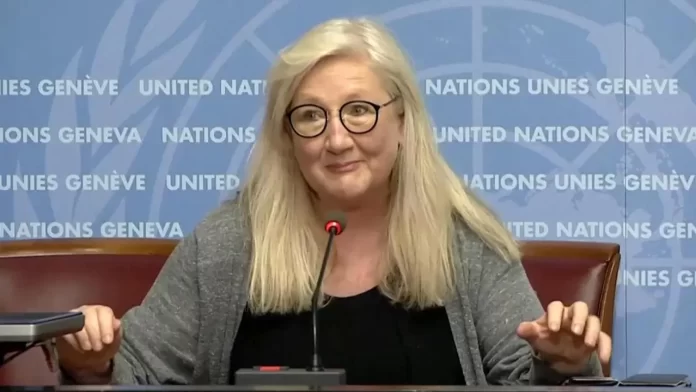The World Health Organization (WHO) is warning of a “long-term” impact on people’s health in Turkey and Syria following a major earthquake that struck the region on Monday, killing thousands and demolishing buildings.
WHO spokesperson Margert Harris told Sky News in an interview on Wednesday that the organization is bringing in resources for surgical and trauma care but also “assistive” technologies like wheelchairs to help people resume their lives with the injuries they received.
“There’s so much long-term change to people’s health,” she said.
Harris said WHO has received reports that at least 15 hospitals and hundreds of health facilities have been damaged in the area. She said the WHO sent supplies to 16 hospitals in northwest Syria on Monday and is doing damage assessments.
She said many workers were already in Syria to help with the humanitarian crisis that has been ongoing in the country amid its yearslong civil war. She said the earthquake has caused a “crisis on a crisis,” but workers were luckily already in the area to help and could be repurposed to provide relief to victims of the earthquake.
More than 11,000 people in Turkey and Syria have been confirmed to have died as of Wednesday following the 7.8-magnitude quake that hit in the early morning hours on Monday local time. Another 7.5 earthquake and many aftershocks have continued to hit the region in the days after the initial one.
The earthquake has become the deadliest one in the world in more than a decade, and hope of rescuing people from rubble has faded as each day has gone on.
Harris said it’s “impossible” to say how high the death toll will rise, and the extent of the toll will not be known for “quite some time.”
“The important thing is to prevent people who’ve been injured or who’ve been affected by this from also dying,” she said.
Harris said babies will be born in the next days to people in “dire” situations like taking shelter in a car, which is not where a baby should be born, and people will be without medications they need for conditions like diabetes.
“All of those health services need to be provided as quickly and as close to the people who are currently suffering,” she said.













